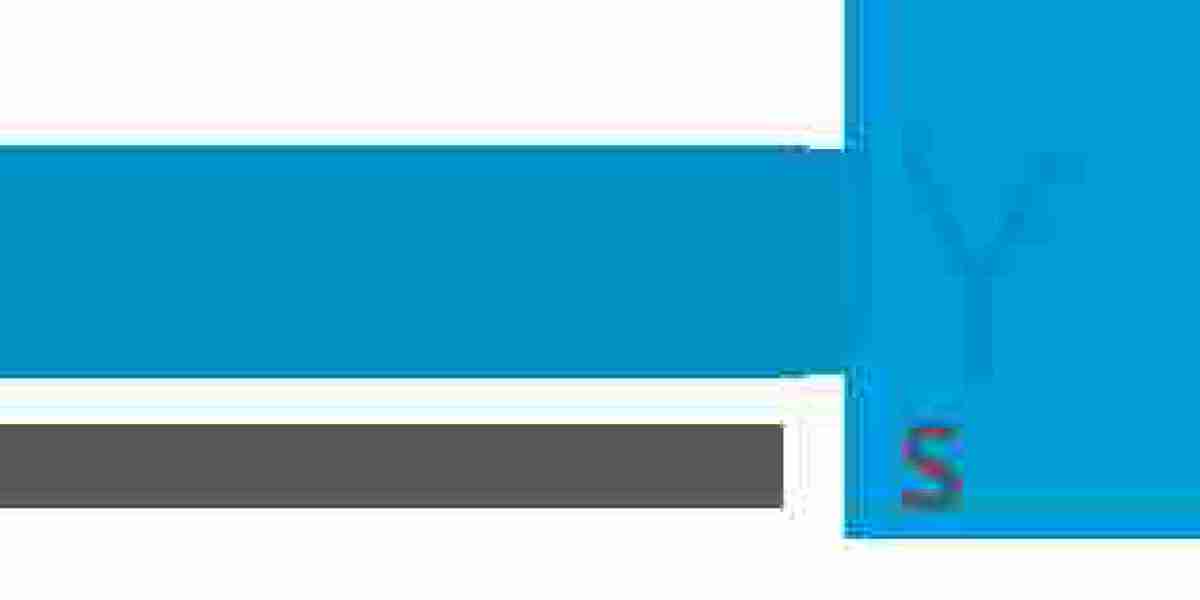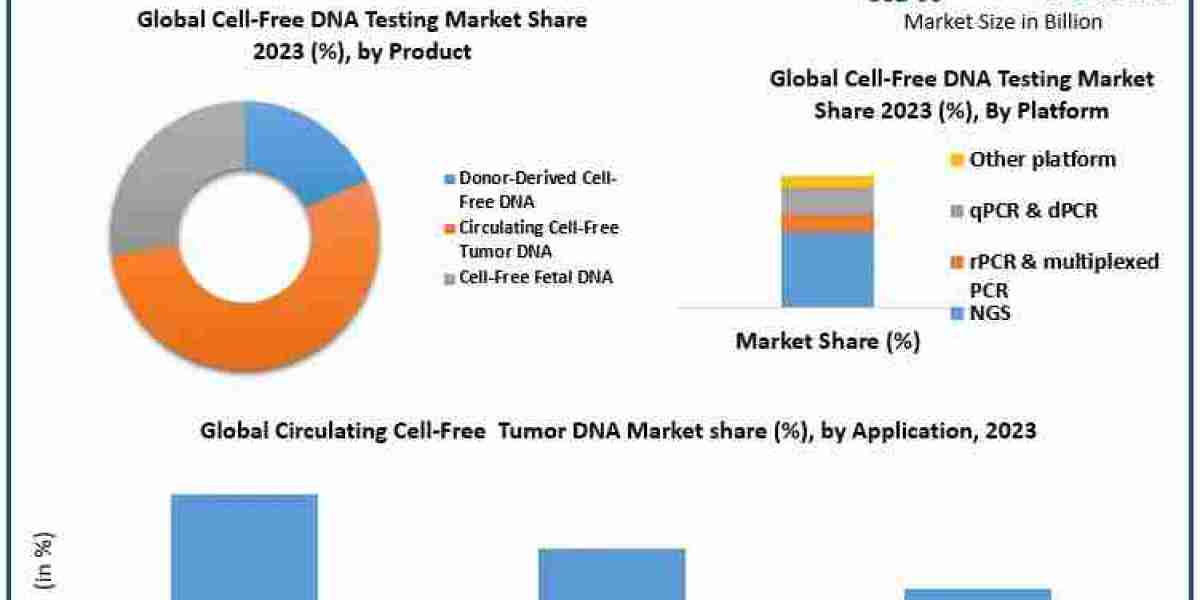Introduction
The low foam non-ionic surfactant market is an essential segment of the broader surfactant industry. Non-ionic surfactants, characterized by their neutral charge and stability in various pH environments, have gained prominence in diverse applications ranging from detergents to industrial cleaning agents. Within this category, low foam variants are particularly valuable in processes where excessive foam can hinder operations, such as in high-efficiency laundry detergents, dishwashing formulations, and certain industrial processes. This article delves into the market dynamics, growth drivers, challenges, and future prospects of the low foam non-ionic surfactant market.
Low Foam Non Ionic Surfactant Market Size was estimated at 4.51 (USD Billion) in 2023. The Low Foam Non Ionic Surfactant Market Industry is expected to grow from 4.71(USD Billion) in 2024 to 6.65 (USD Billion) by 2032. The Low Foam Non Ionic Surfactant Market CAGR (growth rate) is expected to be around 4.4% during the forecast period (2024 - 2032).
Market Dynamics
The market for low foam non-ionic surfactants is witnessing steady growth, driven by increasing demand from both consumer and industrial sectors. The rise of high-efficiency appliances, which require low foaming detergents to function effectively, has significantly bolstered the demand for these surfactants. Additionally, the trend towards environmentally friendly and biodegradable products has led manufacturers to develop non-ionic surfactants with low toxicity and minimal environmental impact.
Key Growth Drivers
Rising Demand for High-Efficiency Appliances: The proliferation of high-efficiency washing machines and dishwashers, particularly in developed regions, has created a substantial demand for low foam non-ionic surfactants. These appliances are designed to use less water and energy, and therefore, require detergents that do not produce excessive foam, which could reduce cleaning efficiency and damage the machines.
Industrial Applications: In industrial settings, low foam non-ionic surfactants are crucial in processes such as metal cleaning, textile processing, and pulp and paper production. In these applications, excessive foam can disrupt operations, leading to inefficiencies and increased costs. The need for effective, low-foam solutions in these industries is driving market growth.
Environmental and Regulatory Pressures: The increasing regulatory pressure to reduce the environmental impact of surfactants has led to the development of more sustainable low foam non-ionic surfactants. These products are designed to be biodegradable, non-toxic, and less harmful to aquatic life, aligning with global sustainability goals. This trend is particularly strong in regions such as Europe and North America, where environmental regulations are stringent.
Challenges in the Market
Despite the positive growth prospects, the low foam non-ionic surfactant market faces several challenges:
Raw Material Price Volatility: The production of non-ionic surfactants relies on raw materials such as ethylene oxide and fatty alcohols, which are subject to price fluctuations due to changes in crude oil prices and supply chain disruptions. This volatility can impact the profitability of manufacturers and lead to pricing pressures in the market.
Competition from Other Surfactant Types: While non-ionic surfactants are valued for their stability and low toxicity, they face competition from other surfactant types, such as anionic and cationic surfactants, which may be more cost-effective or offer specific performance advantages in certain applications.
Technological Barriers: The development of low foam non-ionic surfactants with optimal performance characteristics requires significant R&D investment. Small and medium-sized enterprises may struggle to keep pace with larger competitors who have the resources to innovate and meet the evolving demands of the market.
Get Free Sample Report Link Here @ https://www.wiseguyreports.com/sample-request?id=564202
Future Prospects
The future of the low foam non-ionic surfactant market looks promising, with several trends likely to shape its trajectory:
Innovation in Formulations: Ongoing research and development efforts are expected to yield new low foam non-ionic surfactant formulations with enhanced performance characteristics, such as improved biodegradability, lower toxicity, and greater efficacy in high-efficiency applications.
Expansion into Emerging Markets: As the adoption of high-efficiency appliances and environmentally friendly cleaning products spreads to emerging markets in Asia-Pacific, Latin America, and Africa, the demand for low foam non-ionic surfactants is expected to grow significantly.
Sustainability as a Key Driver: The global shift towards sustainability is likely to drive continued demand for eco-friendly low foam non-ionic surfactants. Manufacturers that can develop products meeting stringent environmental standards will be well-positioned to capture market share.
Conclusion
The low foam non-ionic surfactant market is on a growth trajectory, driven by rising demand from both consumer and industrial sectors, as well as the global push towards sustainability. While challenges such as raw material price volatility and competition from other surfactants exist, the market's future looks promising, with innovation and expansion into emerging markets offering significant opportunities for growth. As the industry continues to evolve, manufacturers who can adapt to changing market dynamics and meet the demand for environmentally friendly, high-performance products will be best positioned for success.
Contact Us
Wiseguy research consultants pvt ltd,
Office No. 528, Amanora Chambers,
Pune – 411028
Maharashtra, India.



